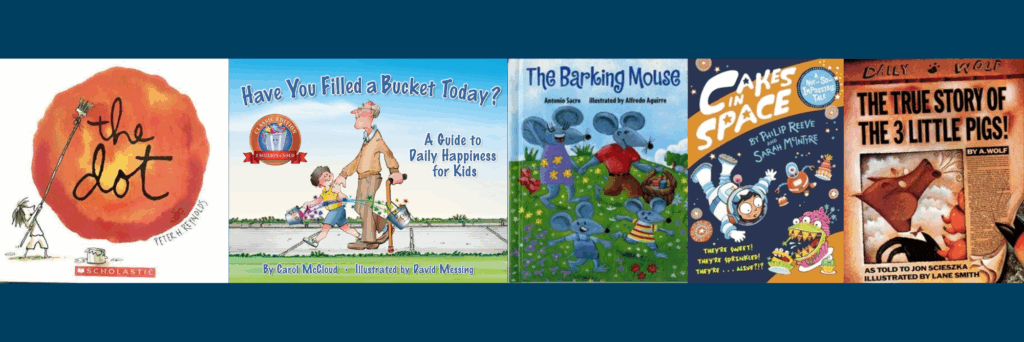March 8, 2020 / Esther Choy

I have a confession: I’m an introvert. This might be surprising if you know what I do for a living.
I’m an introvert who loves to tell stories, and I even love to teach groups of people how to tell better stories. I firmly believe introverted business leaders can tell some of the most compelling stories, and that they will most likely find it incredibly fulfilling once they do.
Yes, Introverts Can Tell Riveting Stories
A few years ago, Jonathon Colman, a Facebook content strategist who frequently speaks at conferences with humor and panache, confessed that he’s an introvert. “Get me up on a stage, and I have no problem telling you secrets, making jokes about myself, or referencing nerdy things like Voltron.” But when he steps off the stage, he says, he finds himself struggling to summon the courage to talk to people he has followed online and admires. “Some of your favorite conference speakers are introverts,” he concludes.
If you’re an introvert, chances are you’re already telling stories in conversation. If you’re like the introverts in a study conducted by social science professor Avril Thorne and her colleagues, your conversational storytelling may arise gradually, “within the bounds of an ongoing topic.” You aren’t telling a story to shift the attention suddenly to yourself, but to support other topics of conversation.
When you begin to work stories into your next presentation, follow the patterns that come naturally to you. Think about how stories can support a point you’re already making. Rather than baring your soul, consider stories from your larger world. For instance, you might prefer to tell stories about your family or your hometown, rather than stories that focus on you personally.
Finding these stories also doesn’t need to be difficult. On the Introvert Entrepreneur podcast, communications specialist Tracy Benson noted how well simple stories work. She mentioned the story of a leader who kept a typewriter in his office to remind himself how easy it is to become obsolete. Simple, yet unforgettable.
Introverts Should Tell Riveting Stories
Still, for introverted business leaders, it can be nerve-wracking to tell stories. “As introverts, we can tend to be rather private,” Beth Buelow commented as she interviewed Tracy Benson, “and often the idea is that vulnerability, telling your story, telling others’ stories, is the way to connect.”
Do we really have to engage with that vulnerability? Why not just prepare a bang-up Power Point presentation and let it do the work? Why not just deliver data? Our minds are built to process stories. We don’t do a great job processing cold, hard logic when it’s removed from any kind of human experience. In fact, Jag Bhalla says in a Scientific American blog post, when we have to process logic outside of a story, it is a lot harder than processing it inside of a story.
Introverts May Fall in Love with Telling Stories
Introverts love to prepare what they are going to say. Susan Cain has pointed out in Quiet that this is one of the introvert’s strongest suits. Sharing a story allows you to form an emotional connection with your audience based on experiences you’ve thought deeply about.
Often, details from stories will resonate with audience members, and they’ll take the initiative to chat with the presenter about those details. What better way for an introvert to have a meaningful connection with a total stranger? Stories help your audience connect with you, with your product or service, and, most importantly, with your message.
Tips for Telling Stories If You’re an Introvert
Keep track: Be on the lookout for stories in everyday life. Keep track of them, and reflect on what they mean. Here’s an easy way to do that in just one minute per day.
Prepare: Susan Cain recommends practicing your story or presentation “out loud until you’re comfortable. If it’s an important speech, videotape yourself. The main reason public speaking can be uncomfortable is that you have no idea how you’re coming across.” Practice removes this uncertainty. Cain also recommends watching lecture videos where you can see the speaker’s view of the audience. This lets you pretend you are the speaker.
Make it about them: Worrying over how your performance will go and nitpicking every detail afterward are good ways to kill the joy of sharing stories! Instead, shift your attention to what your audience needs, whether it’s new information, insights, or solutions.
Slow down: Talk slowly, and try to slow down the pace of your thoughts as well, says public speaker Tyler Tervooren. When our brains get ahead of our words, we stumble. We forget where we are. So, “when you notice your brain skipping too far ahead, you just tell it to go back and repeat itself. Wherever your mouth is, that’s where it needs to jump back to, and start over again.”
So step up to the microphone, confident to share the stories you have prepared, and prepare to be amazed at the connections you will make.
Related Articles
Be the First Rate Version of Your (Introvert) Self
5 Ways to Make Networking A Lot Less Awful
Better Every Story
Leadership Transformation through Storytelling
"This is an amazing and insightful post! I hadn’t thought of that so you broadened my perspective. I always appreciate your insight!" - Dan B.
Get Esther Choy’s insights, best practices and examples of great storytelling to your inbox each month.




